Real estate ethics and best practices are essential for maintaining a professional and reputable career in the industry. Real estate coaches often provide valuable insights and tips to help agents navigate ethical challenges and excel in their business. Here are some key tips from real estate coaches:
- Honesty and Transparency:
- Always be honest with clients and colleagues. Transparency builds trust, which is crucial in real estate transactions.
- Disclose all relevant information about a property, potential issues, or any conflicts of interest.
- Client-Centered Approach:
- Focus on the best interests of your clients. Understand their needs, preferences, and financial capabilities to provide tailored solutions.
- Communication is key – keep clients informed throughout the entire process.
- Continuous Education:
- Stay updated on industry trends, regulations, and market conditions. Ongoing education ensures you can provide accurate information and advice to your clients.
- Real estate coaches often emphasize the importance of staying ahead of changes in the market.
- Respect for Peers:
- Treat fellow real estate professionals with respect and professionalism. Cooperation with other agents contributes to smoother transactions and positive outcomes.
- Avoid engaging in unethical practices, such as disparaging competitors.
- Adherence to Laws and Regulations:
- Stay compliant with local, state, and federal real estate laws and regulations. Ignorance of the law is not an excuse, and adherence is critical for maintaining professionalism.
- Real estate coaches stress the importance of understanding and following ethical guidelines set by professional associations.
- Confidentiality:
- Respect client confidentiality. Do not disclose sensitive information without explicit consent.
- Protecting client privacy is a fundamental ethical principle in real estate.
- Clear Documentation:
- Ensure all agreements, contracts, and terms are documented clearly and accurately. This not only protects you and your clients but also contributes to a smoother transaction process.
- Real estate coaches often emphasize the importance of thorough documentation to avoid misunderstandings.
- Professional Integrity:
- Uphold a high level of professional integrity in all interactions. Your reputation is a valuable asset in the real estate industry.
- Real estate coaches may provide guidance on handling difficult situations with integrity and professionalism.
- Conflict Resolution:
- Develop strong conflict resolution skills. Real estate transactions can be emotional, and being able to navigate conflicts effectively is crucial.
- Seek solutions that benefit all parties involved and maintain a positive reputation in the industry.
- Ethical Marketing Practices:
- Market properties honestly and accurately. Avoid exaggerations or misleading information in marketing materials.
- Real estate coaches often stress the importance of ethical marketing to build a trustworthy brand.
Remember that these tips may vary based on local regulations and market conditions, so it’s crucial to adapt them to your specific context. Continuous learning and adherence to ethical standards will contribute to a successful and sustainable real estate career


